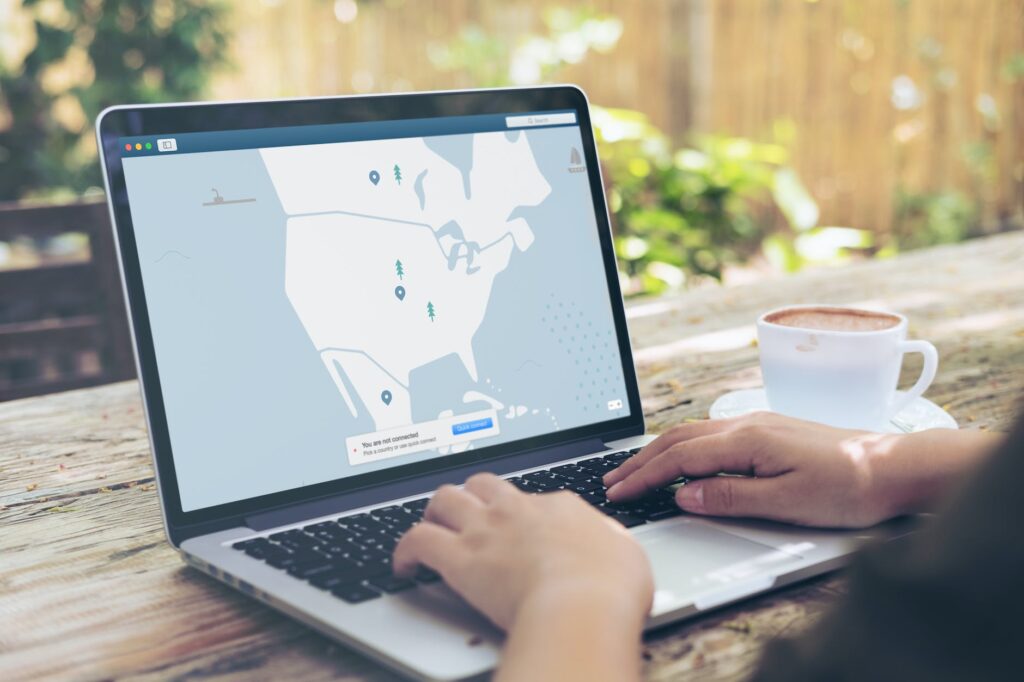The Comprehensive Guide to VPNs: Enhancing Online Privacy
In today’s digital age, safeguarding your online privacy is paramount. Virtual Private Networks (VPNs) have emerged as a powerful tool to help users maintain security over their internet activities. Below, we delve into the intricacies of how VPNs can enhance your online privacy, while also exploring their limitations.
Understanding How VPNs Work
A VPN creates a secure, encrypted connection between your device and a remote server operated by the VPN provider. This process effectively masks your IP address, making your online actions virtually untraceable. It allows you to browse privately and securely, especially when using public Wi-Fi networks.
Benefits of Using a VPN for Online Privacy
1. Enhanced Security and Encryption
VPNs employ advanced encryption protocols to ensure that all data transmitted between your device and the internet remains secure. This encryption safeguards sensitive information from hackers or other malicious actors.
2. Anonymous Browsing
By masking your IP address, VPNs enable you to browse the internet anonymously. This is particularly beneficial for users who want to prevent tracking by websites, advertisers, or government entities.
3. Access to Geo-blocked Content
VPNs allow users to bypass geographic restrictions by routing their connection through servers in different countries. This feature is particularly useful for accessing content that may be region-specific or censored.
4. Protection on Public Wi-Fi
Public Wi-Fi networks are notorious for being insecure. Using a VPN on such networks can provide an additional layer of protection, preventing cybercriminals from intercepting your data.
Limitations of VPNs
While VPNs offer significant advantages, it is important to acknowledge their limitations.
1. Slower Internet Speeds
Due to the encryption process and the distance your data needs to travel to the VPN server, you may experience reduced internet speeds. This is a common trade-off for enhanced security.
2. Potential Logging of User Data
Not all VPN providers offer a strict no-logs policy. Some may track and store user data, which could potentially be shared with third parties. Always research and select a reputable VPN service that upholds user privacy.
3. Incompatibility with Certain Devices or Services
Some devices or streaming services may block VPN access, rendering it ineffective in some scenarios. Additionally, certain websites employ VPN blocking mechanisms.
4. Cost of Premium Services
While there are many free VPNs available, they often come with limitations such as data caps, fewer server options, and potential privacy risks. Premium VPNs offer more robust features, but they do come at a cost.
Choosing the Right VPN Provider
When selecting a VPN, consider factors such as server locations, speed, privacy policies, and customer support. Look for providers that offer transparent and user-friendly terms, robust security protocols, and an effective no-logs policy.
Best Practices for Using VPNs
- Regularly Update Your VPN App: Keeping your VPN app updated ensures you have the latest security improvements.
- Use Strong Authentication: Employ additional security measures like two-factor authentication if available.
- Check Privacy Policies: Thoroughly read the privacy policy of your VPN provider to understand how your data is handled.
Conclusion
VPNs are a vital component for maintaining online privacy and security. While they have their limitations, when used correctly, they can significantly enhance your browsing experience. Always choose a reliable provider to ensure the best protection and consider integrating additional security measures for comprehensive online safety.
Frequently Asked Questions (FAQ)
Q1: Are free VPNs safe to use?
While some free VPNs provide basic security features, they often come with limitations such as bandwidth restrictions and fewer server locations. Some may also log user data, so it’s essential to choose wisely.
Q2: Can a VPN guarantee complete anonymity online?
No, while VPNs enhance privacy, they cannot provide complete anonymity. Other online behaviors, such as social media activity, can still impact your privacy.
Q3: Will using a VPN affect my internet speed?
Yes, using a VPN can affect your internet speed due to the encryption process and the distance between your device and the VPN server. However, the impact varies depending on the VPN service and server location.
Q4: Can I use a VPN on all my devices?
Most VPN providers offer apps for various devices, including smartphones, tablets, and computers. Be sure to check device compatibility with your VPN provider.
Q5: Do all VPNs keep logs?
No, not all VPNs keep logs. Many reputable VPN services offer a strict no-logs policy, meaning they do not track or store user activity data. Always verify this feature before subscribing.



